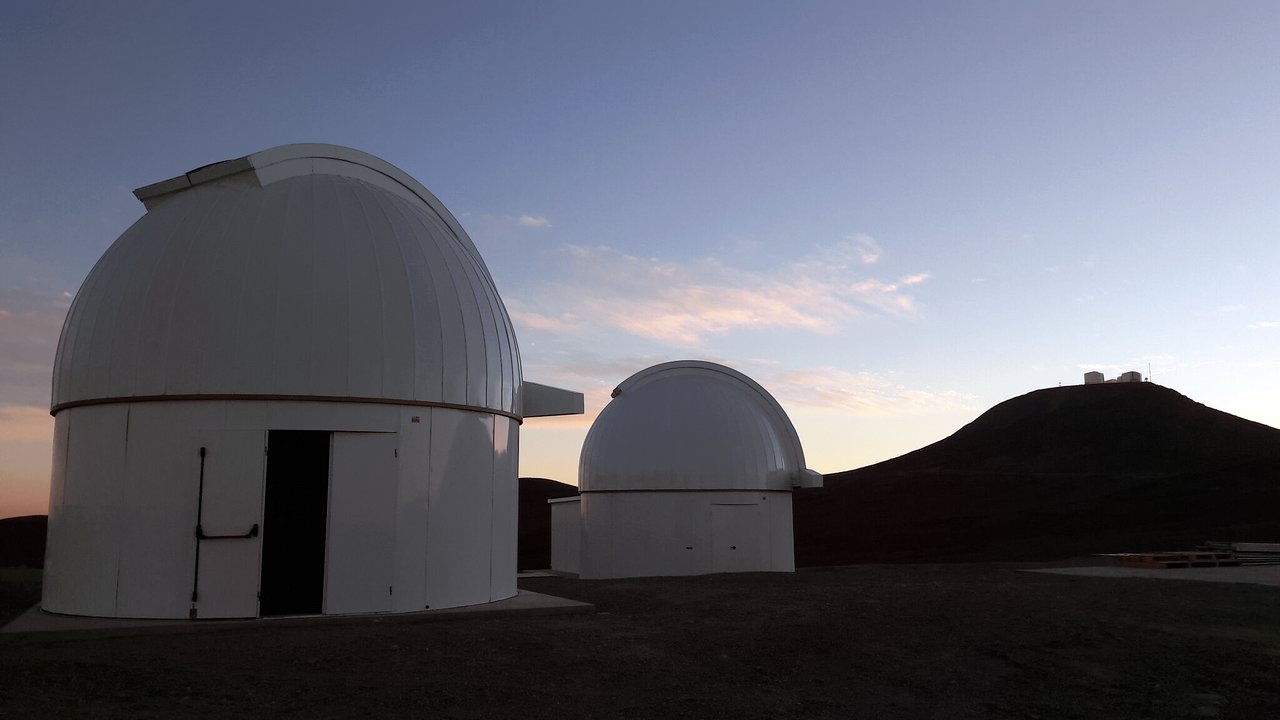The full ramifications of the recent novel coronavirus pandemic are not yet known, and probably won’t be known or even felt for quite some time. Entire industries have been shifted and shuttered over the course of only a few tumultuous weeks due to Covid-19. Some industries and professions have been able to adapt quickly, some have had to close down or to send their workers home, while others are faltering and collapsing.
A perhaps surprising outcome of this might be in the realm of research. Modern science thrives on collaborations, from a handful of authors on a single study to hundreds of people engaged in some of the largest experiments mankind has ever know. But at the end of the day, they all require human contact.
Most of that contact is thankfully virtual. Emails, conference calls, and chat messages carry the bulk of the communication workload to enable international collaborations that drive modern-day science.
But there’s something special about the human touch that cannot be replicated by any remote platform. Collaborators visit each other to talk, to share ideas, to stand in front of a chalkboard together. Young students show up at conferences to show off their latest work, hoping to make a name for themselves in front of the most respected members of their communities. Large collaborations gather in auditoriums to share their results and updates from their internal groups.
All that stopped this spring with the outbreak of the Covid-19 disease. Conferences were cancelled, collaboration meetings were cut short, and even academia itself closed its doors.
What will be the result? Will this mark the end of large science collaborations? Will travel restrictions last so long that this form of science becomes nonviable? Will people simply be shy about hopping from country to country to build a large network or to get a job?
It’s impossible to say, and only time will tell. But the spring of 2020 may go down in the history books as an interesting turning point in the history of science, where the uber-expensive, large collaborations that drove science forward in the opening decades of the twenty-first century simply faded away, to be replaced with a new paradigm.
No matter what, fundamental research will continue and scientists will continue working hard to unlock the mysteries of the universe, but the way science has been done for decades may be over with.

